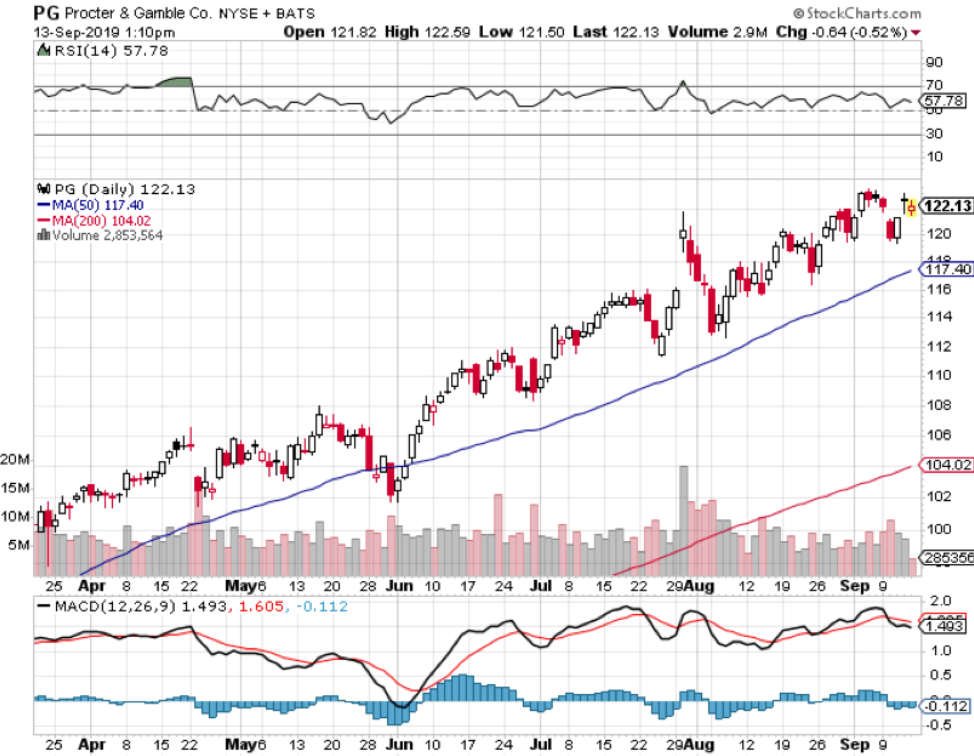Gillette's Marketing Flub
The pitfalls of getting it wrong can bring you tears.
Proctor and Gamble (PG) got a taste of precisely that.
We underestimate the power of digital marketing and how it can make or break a company’s fortune.
Even many small businesses rely on media platforms such as YouTube, Patreon, Snapchat, Twitter and so on to disseminate their message and nurture their brands.
But what if it goes badly wrong?
The story of personal grooming brand Gillette is a stark warning for companies to stay in their lanes and not reach too far when it comes to their digital marketing campaigns.
Once companies start diving into delicate social issues, they risk alienating half or more of their targeted audience.
In January, Gillette debuted a short film in part of continuing their woke campaign with a self-titled phrase called “toxic masculinity.”
To see the short video please, click here.
Gillette’s underlying message suggested that men in general pose a deep problem in society.
Their self-coined phrase “toxic masculinity” rolls through clips of portraying a young boy being bullied by other boys, sexual harassment, catcalling, and a man speaking over a woman in a meeting highlighting the disappointment in the male gender.
Instantly, the backlash from Gillette’s core demographic, men who shave, were heard from in full force with many shouting from the rooftops for a boycott on Gillette’s and even Procter and Gamble’s products.
Gillette didn’t blink and doubled down on their woke campaign rolling out a “fat acceptance” ad.
They did not stop there and tripled down distributing an ad depicting a father's first time teaching his female-to-male transgender child how to shave.
Gillette were defiant in their beliefs and felt an obligation to dip into social discourse and take a stand for what they think is the right message to sell razors.
Just a mere seven months after Gillette’s social justice campaign began, Gillette's parent company Procter & Gamble took an eye-popping $8 billion write-down citing a painful charge for Gillette’s personal grooming division.
The company would have produced net profits without this ghastly charge.
Granted that Gillette was already having a tough time selling more razors as a combination of trends and demographics decrease the volume of male shaving, but the exacerbation of underperformance was purely due to the revolt against the digital marketing campaign which drove away their core customer.
Gillette’s excuse was currency fluctuations and increasing competition but that can in no way explain the giant uptick in customer deterioration.
Management’s strategy of profiting from woke capitalism on the back of the #MeToo movement blew up in their face and many men chose to respond with their wallets.
This also represents the viral nature of digital marketing in 2019 and it really works both ways.
It also indicates how powerful these tech platforms are as the cradle of human discourse and underscores how reliant even the largest of corporations are on digital marketing through the likes of Instagram, Facebook, Google, Amazon and the who’s who of Silicon Valley.



